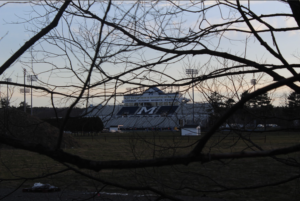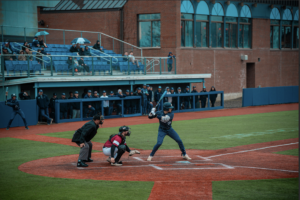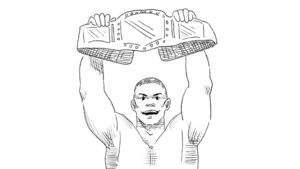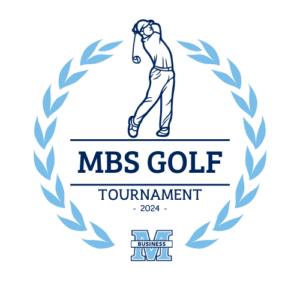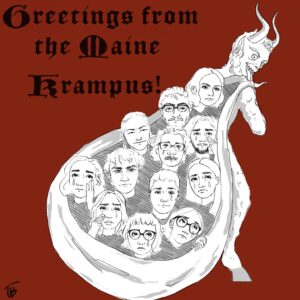On Monday, April 12, David Hart, the director of the Sen. George J. Mitchell Center for Sustainability Solutions, introduced a project called Maine Shellfish Learning Network (MSLN) during a presentation on shellfish sustainability.
“The people involved in this initiative are working collectively to create a brighter future for Maine and beyond,” Hart said.
University of Maine environmental communications professors Bridie McGreavy and Anthony Sutton are heading up the initiative with the help of graduate student Gabrielle Hillyer. The initiative’s main concern is shellfish sustainability in the state of Maine, especially regarding
Wabanaki stewardship and food sovereignty. The Wabanaki people have relied on shellfish for generations and according to Hillyer, Maine soft-shell clams are a species that is of particular concern.
“The Maine soft-shell clam is going to struggle,” Hillyer said. “Maybe to the point of near extinction if we don’t work together.”
Much of the species’ decline is due to climate change and water quality.
“Coastal communities are on the front lines of climate change and they’re already feeling the effects of warming ocean temperatures,” clam harvester David Wilson said in the same webinar.
The MSLN emphasizes the importance of intentional listening as well as equity. For McGreavy, Sutton and Hillyer, equity in the Learning Network means a combination of leadership and learning in order to make not only each other more knowledgeable but Mainers in general.
“We view knowledge, not as something held, but rather knowledge is something made together in a relationship,” McGreavy said during her portion of Monday’s presentation.
During the summer and fall of 2020, McGreavy and Sutton conducted 20 interviews with partners, community leaders and others across the coast with the help of UMaine students like Hillyer.
In order to make soft-shell clam fishing sustainable, measures have been taken like population monitoring networks led by the Downeast Institute.
“Our focus on equity learning and leadership really shaped our approach to those priority action items,” Hillyer said. “Specific efforts have built these new capacities and created new resources — these include the water quality decision tree and the Mudflat website’s research on the recent impacts.”
To approach environmental justice with the Wabanaki perspective in mind, there has to be a mutual understanding of the possible environmental and cultural repercussions.
“More than twenty-five coastal communities are installing nets to protect juvenile clams from predators,” according to the Mudflat’s website. “Using citizen science and tidal monitoring to understand factors influencing pollution circulation, working to grow the quahog fishery, conducting applied science to understand clam recruitment patterns and more.”
Time is of the essence for the sustainability of the clam fishery industry in Maine. If you are interested in learning more, check out themudflat.org, the educational website focused on wild clam and mussel fisheries and Wabanaki homelands.
Sept. 1, 2021, The headline was updated to better reflect the holistic community involvement of the Maine Shellfish Learning Network project.







